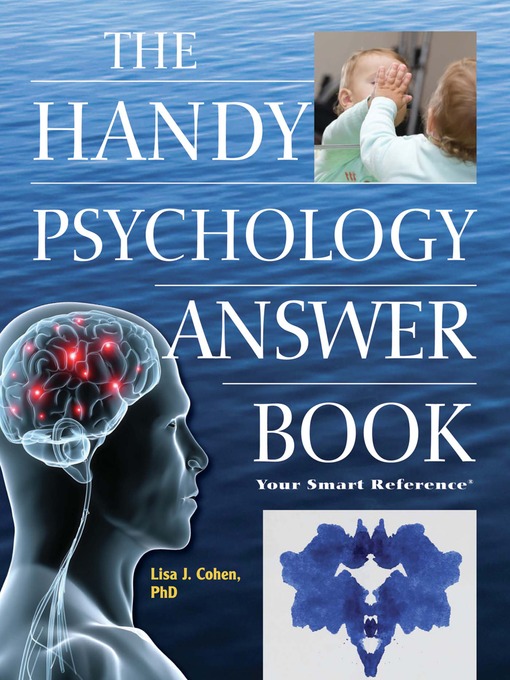Featuring more than 800 answers to questions of how the human mind and the science of psychology really work, this fascinating discussion gives readers the real facts of modern psychology in a fun, approachable way. Avoiding the entertainment fluff of pop psychology and the dryness of overly academic works, this exploration gives insight into the current science of the mind by answering questions questions such as What makes a marriage last? Why do toddlers have temper tantrums? and What are the benefits of getting older? In addition to the question-and-answer section, an overview looks at the psychology of money, sex, morality, and everyday living.
- Available now
- New eBook additions
- New kids additions
- New teen additions
- Most popular
- Try something different
- See all ebooks collections
- Available now
- New audiobook additions
- New kids additions
- New teen additions
- Most popular
- Try something different
- See all audiobooks collections

